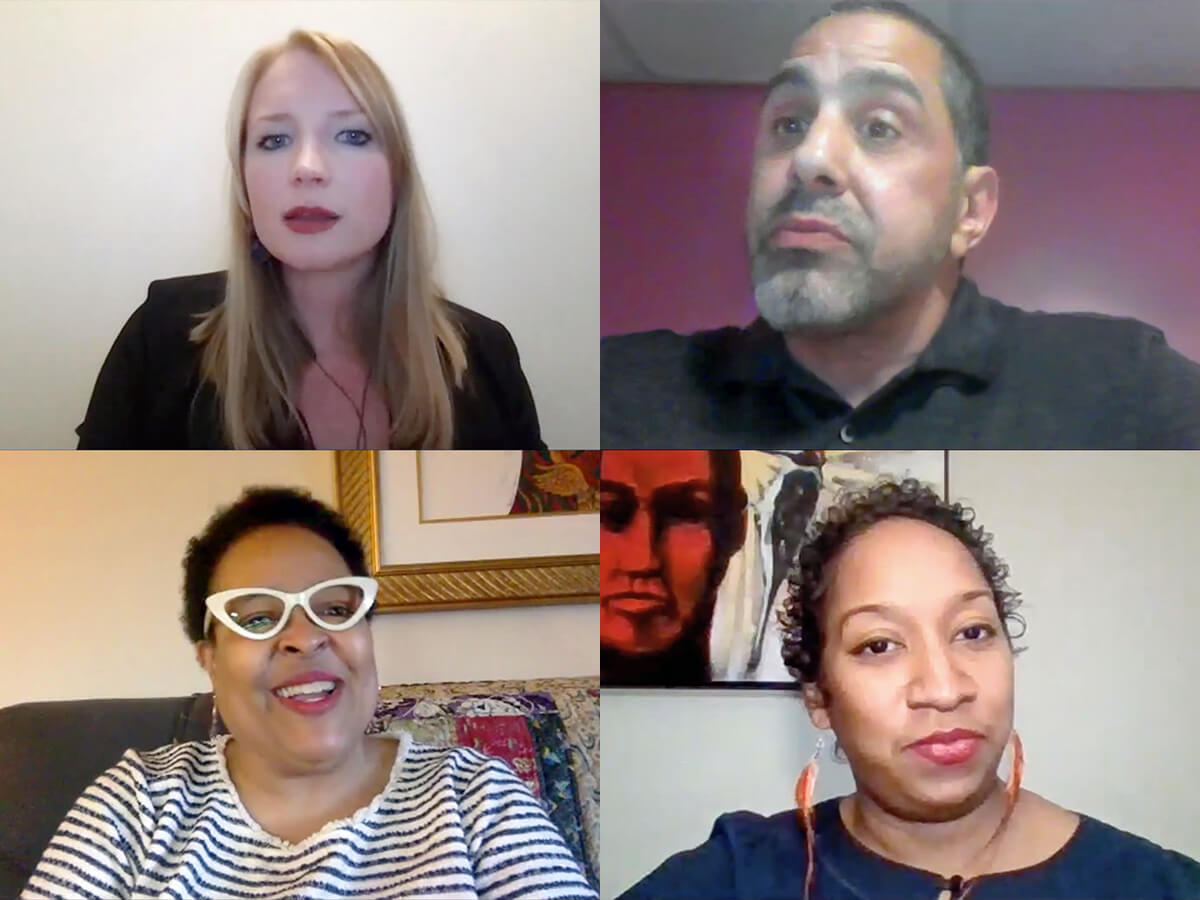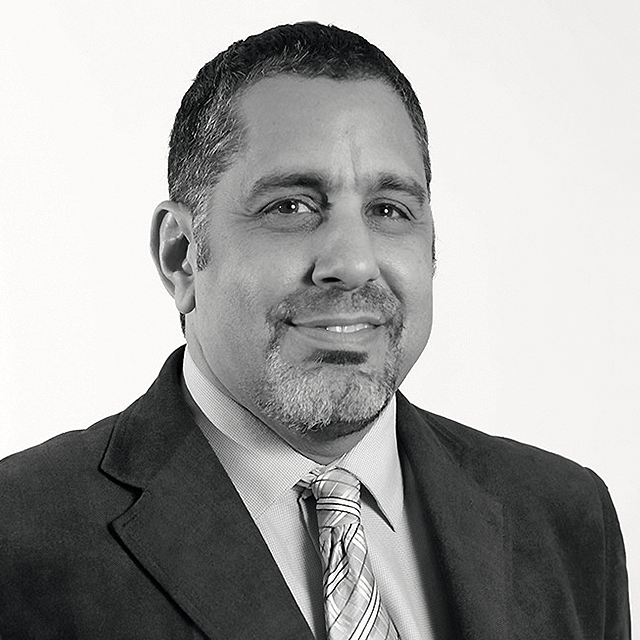(April 24, 2020—NEW YORK) During a time in American history that is anything but routine, a key coping strategy actually stems from routines. Speaking on April 22 to a group of news media professionals about ways to cope with life under shelter-at-home orders during the COVID-19 pandemic, NYU McSilver Institute’s Director of Trauma-Informed Services, Dr. James Rodriguez, said, “One of the things that this whole situation has interfered with is our daily routines. And we cherish our daily routines. It’s our walk to the office, that coffee we pick up on the way to the office. We have our ways of settling into work.” Therefore, he advised. “Bring as much predictability as you can to the situation.”
Rodriguez, who is a New York State-licensed psychologist and clinical social worker, elaborated, “Think about the things that you did in the past that were routine and that you can either continue to do or mimic in some way, and continue to do those.” With so much that is out of our control—rising death tolls, sickness, job losses, food insecurity, and uncertainty on when it all will end—carving out normalcy where you can is one important coping strategy.
Rodriguez’s advice came during a virtual panel discussion on Zoom hosted by the New York Chapter of the Online News Association (ONA NYC). Other participants included Kari Cobham, Senior Associate Director of the Rosalynn Carter Fellowships for Mental Health Journalism and Media; and Benét J. Wilson, Credit Cards Editor at The Points Guy. The moderator was Emma Cillekens, who is the Multiplatform Editor at Barrons and an ONA NYC Leadership Committee Member.
VIEW A VIDEO OF THE PANEL ON YOUTUBE
Other panelists gave advice for restoring structure to your life at a time of great uncertainty. “As much as you can do it, be on a schedule,” added Wilson, who is sheltering and working at home with her family. If you can, try to separate where you work from where you relax and spend time with your family, she also advises.
Cobham shared a prior experience when she experienced life-threatening complications from a pregnancy and then had to care for her premature infant son, who had complications of his own. To cope with the pressures and uncertainty of the situation, on the advice of a therapist she established one small, daily self-care routine post-pregnancy that made her feel good: a 6-minute shower. She said that the therapist told her, “Pick one small thing that you can achieve. Don’t think about when this is going to end. Think about what’s going to make you feel okay for today.” During the COVID-19 pandemic, her 6-minute showers have resumed.
Rodriguez, whose work at NYU McSilver Institute includes developing training materials about trauma-informed care for children and families, also had advice for managing stress. “In many ways, one of the things that we have to try to avoid is the pressure to react in some imagined, perfect way. There is none. We are not necessarily prepared to deal with this all the time.”
Not that stress is always bad. “Our bodies are very well prepared to deal with stress in spurts,” he continued. “In fact, there is such a thing as positive stress. It is the stress that allows you to get your work done, to meet your deadlines. What we are approaching for many of us is intolerable stress. What some of us may go through is toxic stress. Certainly, one of the things that can do that is putting extreme pressure on ourselves to either produce more or to react perfectly in this situation.” It’s important that you be aware of the stress you are under right now and how you are reacting to it, and then to give yourself permission to not be perfect.
As well, watch out for unhealthy coping mechanisms. The panel discussion touched on some, such as drinking too much alcohol and doing drugs. It’s important to instead develop healthy coping mechanisms, panelists agreed, whether they be walks (with social distancing), listening to music, yoga, long hot showers, or whatever makes you feel calmer.
See the archived video of the discussion on YouTube or view highlights of the discussion, using the hashtag ONANYC on Twitter.
If you are a New Yorker who is having trouble coping and you need to talk to someone, reach out to NYC Well to talk, text or chat with a mental health counselor. Call 1-888-NYC-WELL or text WELL to 65173. It’s free and confidential.
By Sheryl Huggins Salomon, Director of Communications at the NYU McSilver Institute

